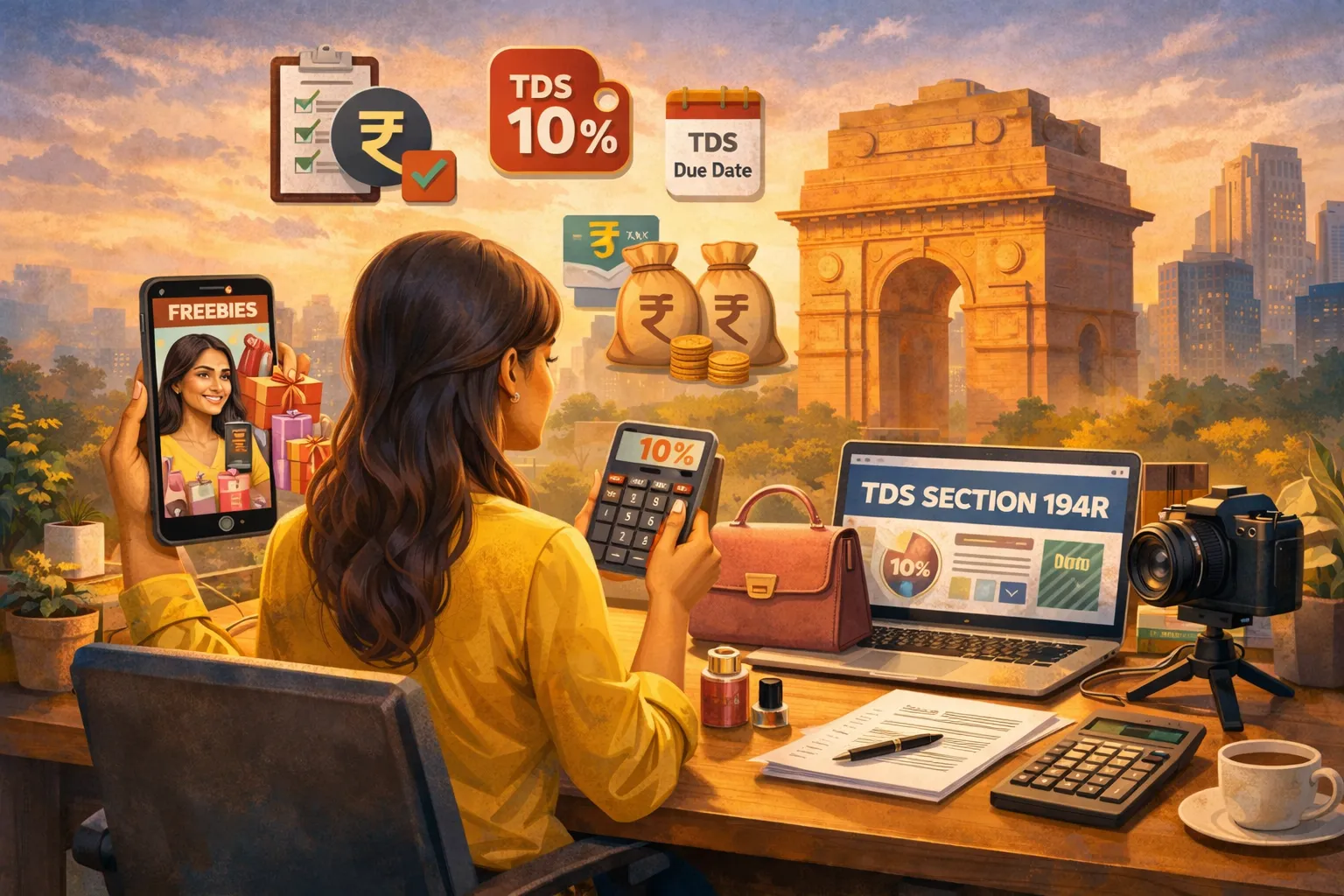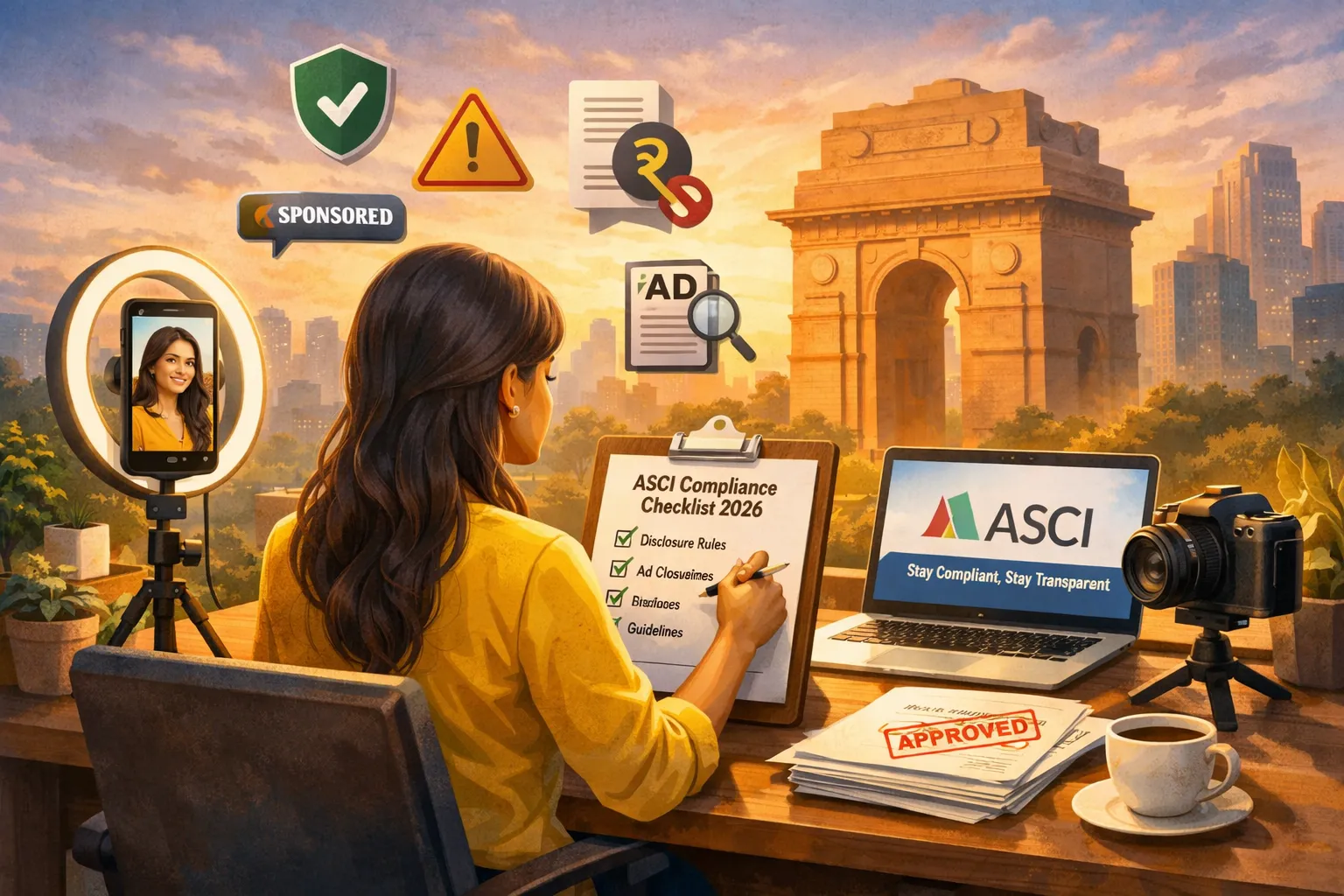Business cards are still important, relevant, and irreplaceable, despite all the growing dependence and advancement on technology in this digital world. Business cards are an essential part of corporate communication and extremely important for a company’s personal and promotional presentation. It is common for professionals in the business and marketing industry and even other sectors, to hand out their business cards when they meet potential customers to introduce themselves and to promote their business. Business cards are the first impression that one makes on their clients, partners, and other professional contacts; they play an important role in networking as well. The place business cards have made for themselves cannot be taken away by any technological developments. A thoughtfully designed card can do a lot to propel the business.
Why are business cards still important and relevant?
Business cards are the carriers of personal details like name, email address, phone number, etc., and these cards can be strategically designed to make them represent the brand and its values. Each element of a business card, from the color combinations to the logo placement, can create the desired impact on the minds of the receiver. It works as a powerful device for brands that help to connect with their customers and as a handy tool to legitimize the business. Whether it’s a new or established company, business cards are a savvy, cost-effective, and relevant marketing tool offering a range of business-boosting benefits. For clients also, a received business card can help them determine the possible quality of the products or services of the brand offering the card.
Here are some of the important reasons why business cards are still in the market,
- Contact Exchange:
By exchanging cards with others at networking events or in a professional setting, there is an opportunity to meet others in the industry, make new connections, and possibly find new business partners. If the business card is attractive and memorable, it will get passed on to others in their circle of contacts, helping to further expand the brand’s network. In short, business cards are a crucial networking tool. It can help facilitate the exchange of contact information, increase the brand’s professional credibility, and expand the network. Investing in a quality business card means investing in the brand itself, for its growth and future.
- First Impression:
Possessing a well-designed business card signals professionalism and preparedness. It legitimizes the business and showcases credibility, particularly for new connections. The look and feel of a business card can similarly inspire confidence, elevate the brand, and help to distinguish it from competitors. The impression can be generated that the brand is professional and eligible for business through a simple but well-invested business card.
- Further Engagement :
Having key business information like a website, email ID, address, and phone number injected into a business card encourages people to contact the brand or visit that brand’s business (can be both online and offline) and learn more about them. Another way to encourage customers to engage is by adding an incentive. Handing someone a business card is the first step in forging a relationship, and strong relationships are critical to business success, which can only take place through engagement that business cards ensure.
- Marketing tool :
A business card works as a small piece of advertisement that travels with the person who carries it. It may not be the intended design of business cards but they often do end up being passed around public spaces. A customized business card can be the best marketing and promotion tool for a business. In coworking spaces especially, business cards tend to be passed around a lot because everyone is always looking for help from someone. It also works when the service of a brand is good, and the receiver likes that brand’s services; chances are, they will share your information with other people. And when the business card is there, this process becomes much easier for them to pass on.
Business cards help to embrace the personal introduction to a prospective customer, deliver a tangible invitation to further engagement, and provide credibility.








